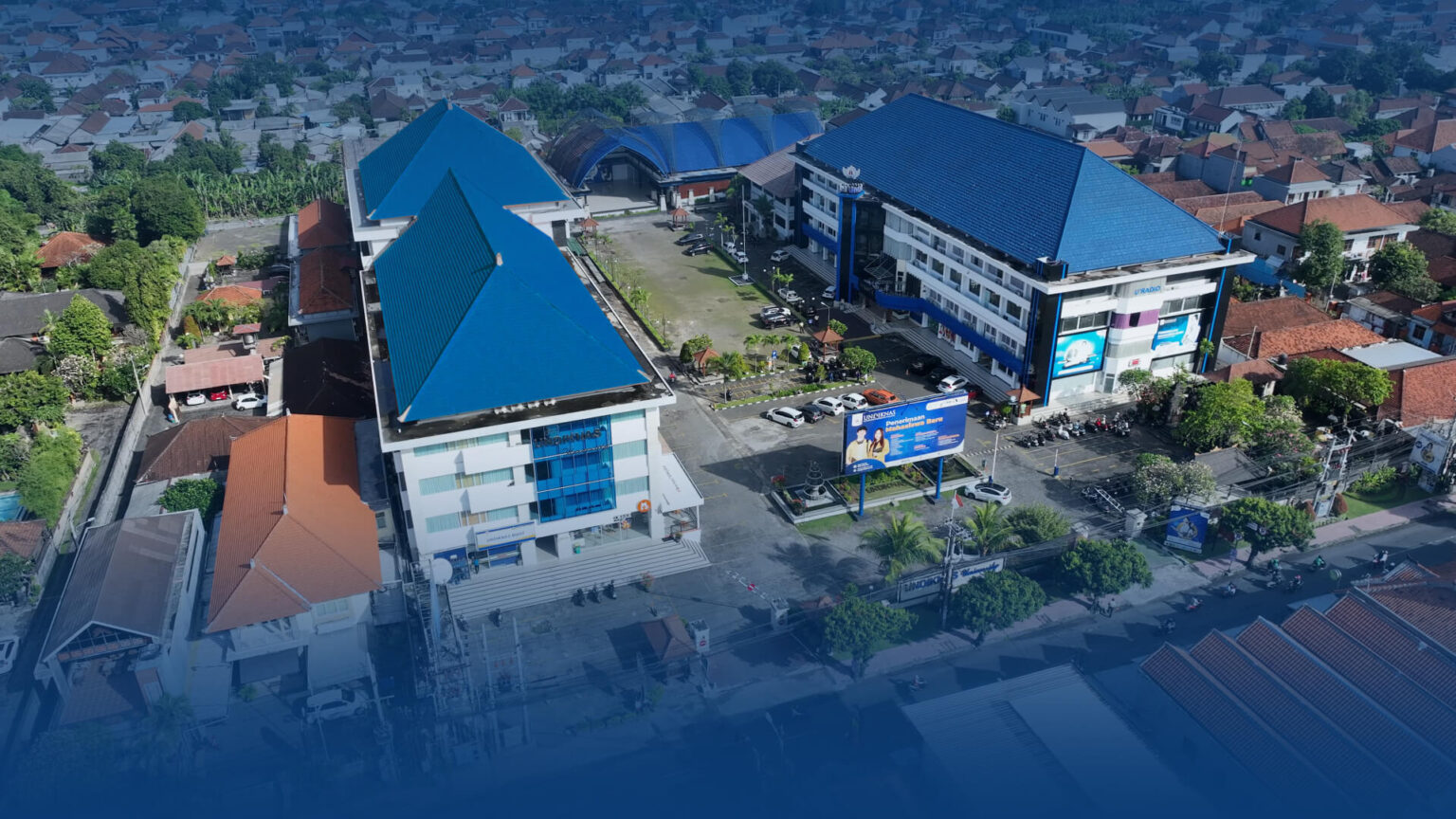
Universitas Pendidikan Nasional, commonly known as Undiknas, was established on February 17, 1969. The origin of Undiknas began with the founding of a banking academy named Akademi Bank (AKABA). In 1976, the academy changed its name to Akademi Keuangan dan Perbankan, while retaining the acronym AKABA. In an effort to expand its educational programs, institutional development was once again undertaken in 1980, transforming AKABA into the Sekolah Tinggi Ilmu Keuangan (STIK) Denpasar.
Subsequently, to address the increasingly dynamic higher education landscape of the 1980s and to accommodate the growing vision and mission of STIK Denpasar, in 1984 the institution was elevated to university status, becoming the Universitas Pendidikan Nasional (Undiknas)—a higher education institution that continues to operate to this day.
Faculties and Study Programs at Undiknas:
Faculty of Economics and Business
Management
Accounting
Distance Learning in Management
Digital Business
Faculty of Law
Law
Faculty of Social Sciences and Humanities
Communication Science
Public Administration
English for Business and Professional Communication (Kombispro)
Faculty of Engineering and Informatics
Civil Engineering
Electrical Engineering
Information Technology
Environmental Engineering
Professional Engineering Program (PPI)
Faculty of Health Sciences
Psychology
Pharmacy
Diploma in Pharmacy (D3)
Physiotherapy
Faculty of Tourism
Tourism Destination
Convention and Event Management (Manajemen Event)
Postgraduate Program
Master of Management
Master of Public Administration
Master of Law
Master of Accounting
Doctoral Program in Management Science
International Undergraduate Program (Dual Degree Program)
Bachelor of Business and Management
Bachelor of Accounting and Finance
Bachelor of Law
To respond to the rapidly changing challenges in the world of education, Undiknas continuously improves its infrastructure, facilities, and human resources. The quality of lecturers and education staff is consistently enhanced to support learning, research, and community service.
All efforts to develop and improve the implementation of the Tri Dharma of Higher Education at Undiknas have yielded positive results, as reflected in the “Good” and “Very Good” accreditation ratings from the National Accreditation Board for Higher Education (BAN-PT) for its study programs.
In addition to program-level accreditation, Undiknas as an institution (university-wide) is also accredited by BAN-PT, having achieved a “B” (Good) institutional accreditation rating. This institutional accreditation is a tangible manifestation of Undiknas’s commitment to upholding the principles of good university governance in the implementation of its educational, research, and community service programs.
